Islamic State claims deadly Cairo church bombing
The attacks were aiming to foment a large-scale sectarian crisis
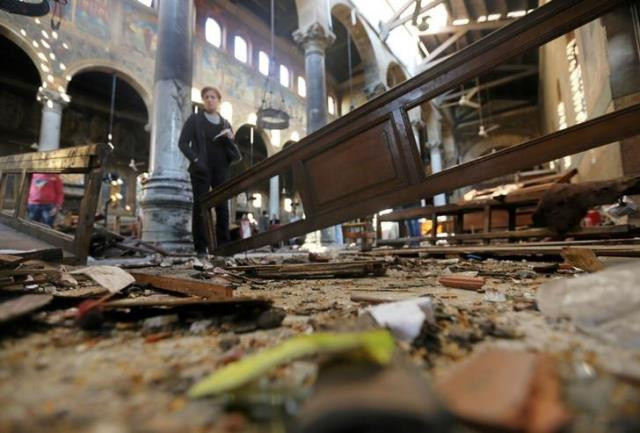
Damage from the explosion inside Cairo's Coptic Orthodox Cathedral is seen inside the cathedral in Cairo. PHOTO:REUTERS
Islamic State identified the suicide bomber who carried out Sunday's attack by the pseudonym Abu Abdallah al-Masri in a statement circulated on social media on Tuesday.
The bomber "got in between the crowd" and detonated his explosive belt, the extremist group said in the statement.
The group said it would continue attacks against "every infidel and apostate in Egypt, and everywhere".
President Abdel Fattah al-Sisi named the suicide bomber as Mahmoud Shafik Mohamed Mostafa, 22, during a funeral for the victims on Monday.
At least 20 dead in blast at Cairo church
Egyptian authorities are battling an extremist insurgency led by an Egyptian affiliate of Islamic State.
While most of the insurgents' attacks have mainly targeted police and military in northern Sinai province, the extremists have also targeted security forces and government officials in Cairo.
The attacks have worsened since the July 2013 ouster of extremist president Mohamed Morsi. The ouster was led by Sisi, who was defence minister at the time.
Following the deadly dispersal by security forces of two pro-Morsi protest camps in Cairo in August 2013, mobs attacked more than 40 churches nationwide, as well as dozens of schools, houses and businesses belonging to Copts.
They pointed to the appearance of Coptic Pope Tawadros II next to Sisi in July 2013, when the then army chief -- also surrounded by Muslim and opposition figures -- announced Morsi's removal on television.
Sisi said Mostafa, the suspected suicide bomber, had detonated his explosive belt at the Saint Peter and Saint Paul Church, which is adjacent to Saint Mark's Cathedral, the seat of the Coptic pope.
Nigeria president says "many deaths" in church collapse
The interior ministry said late on Monday that Mostafa had been identified by DNA tests from body parts which matched that of his family.
It also said Mostafa was working with a group that received logistical and financial support from Muslim Brotherhood members residing in Qatar.
The Muslim Brotherhood has denied any involvement with the incident.
The authorities have arrested four alleged members of this group, the interior ministry said.
They are still searching for others, including the suspected ringleader Mohab Mostafa el-Sayed Qassem, also known as "The Doctor", the ministry said.
Qassem traveled to Qatar in 2015 where he met some Brotherhood leaders who had fled Egypt, it claimed.
There, they offered him financial and logistical support to carry out attacks in Egypt and upon his return, he traveled to North Sinai, where extremist insurgents trained him in using weapons and making explosive devices.
When Qassem returned to his home in Cairo, the Brotherhood members residing in Qatar instructed him to start preparing and planning for attacks targeting Copts.
The attacks were "aiming to foment a large-scale sectarian crisis" without linking the group with these attacks, the interior ministry said.
The ministry statement claims a group named The Egyptian Revolutionary Council, an alleged arm of the Brotherhood, has issued a statement on December 5 "vowing to target the heads of the Orthodox Church because of its support for the state."
US church shooter had list of targets and more ammunition
Some analysts had warned that extremists affiliated with the Brotherhood, though not necessarily under their control, could turn to serious violence after the 2013 post-coup crackdown.
Copts have faced persecution and discrimination dating back to the 30-year rule of Hosni Mubarak, who was toppled by a popular uprising in 2011.
Sunday's bombing was the worst attack against the Copts since a 2011 suicide bombing killed more than 20 worshipers outside a church in the coastal city of Alexandria.


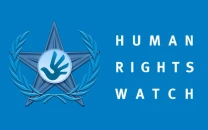
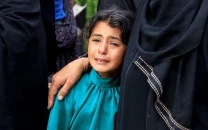
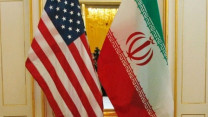
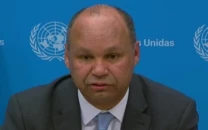













COMMENTS
Comments are moderated and generally will be posted if they are on-topic and not abusive.
For more information, please see our Comments FAQ